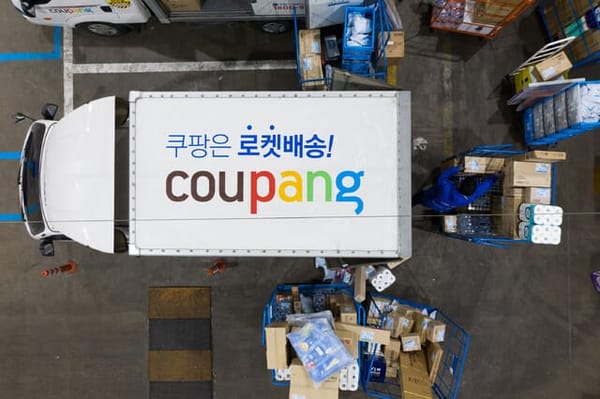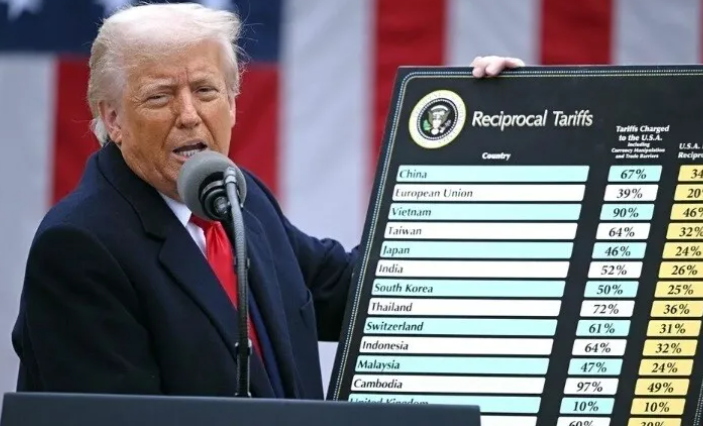Photo: South Korean advertisement of AliExpress featuring action star Ma Dong-seok. Credit: AliExpress.
Few Korean firms were concerned when China’s AliExpress and Temu first began marketing to South Korean consumers, assuming that Chinese goods were too cheap, too fake, and too poorly made to compete for South Korean customers. But it turns out that low prices make consumers more tolerant. According to the Korea Customs Service 관세청, South Korea received more than 88.8m e-commerce shipments from China in 2023, a 70.3% increase over the previous year.
Now, Chinese online retailers are pushing to take things to the next level. AliExpress will reportedly invest USD 1.1b in South Korea over the next three years. Most of that investment will go to building logistics centers, which will significantly reduce the time to fulfill orders from South Korean customers. AliExpress will also host South Korean sellers on its e-commerce platform, and will establish customer service centers in South Korea.
AliExpress has a long way to catch up to South Korea’s market leader Coupang 쿠팡, which over the past decade invested over KRW 6.2t (USD 4.7b) in building more than 100 logistics centers around the country. But the Chinese retailer has an opening to unseat Emart 이마트, the traditional retail giant recently overtaken by Coupang. Emart’s share price has declined 59% in the past five years, as Coupang successfully siphoned off customers from its rival’s brick-and-mortar stores with superior online offerings.








